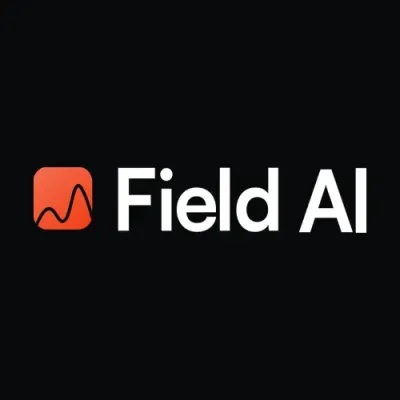Field AI is transforming how robots interact with the real world by building risk-aware, reliable, and field-ready AI systems that address complex challenges in robotics, unlocking the full potential of embodied intelligence.
Requirements
- 3+ years building robotics simulation or controls software (or equivalent research/industry experience).
- Strong coding in Python and C/C++, plus solid Linux, Git, CI/CD, and containerization practices.
- Hands‑on experience building SIL/HIL setups, including real‑time constraints and hardware I/O.
- Proficiency with ROS and ROS 2 development (nodes, topics, services, bags).
- Hands‑on with Gazebo and NVIDIA Isaac Sim (sensor plugins, physics configuration).
- Solid background in rigid‑body kinematics/dynamics, contact/friction, and basic state estimation.
- Proven GPU experience: CUDA programming and PyTorch for accelerated simulation/ML loops.
Responsibilities
- Own SIL/HIL simulation infrastructure
- Design, implement, and maintain SIL/HIL rigs, including real‑time loops, I/O, and fault‑injection.
- Integrate simulators into CI/CD for repeatable, automated regression testing.
- Develop sensor/actuator interfaces and bring‑up procedures for lab and field use.
- Model robot and vehicle dynamics
- Build and validate dynamics models for legged systems, humanoids, and car‑like platforms.
- Implement contact/friction models, parameter identification, and sensor/terrain effects.
Other
- Ability to design and run Monte Carlo simulations and report results with Bokeh/Matplotlib.
- Synthetic data generation for ML training (domain randomization, labeling, dataset versioning).
- Deep expertise with simulator internals and advanced features (Isaac Sim/Omniverse USD, Gazebo/Ignition plugins), plus MuJoCo or Chrono.
- Prior work on legged/humanoid control or car‑like dynamics (trajectory planning, MPC, tire/ground models).
- Sensor simulation depth (cameras, LiDAR, IMU) with realistic noise and distortion models.
